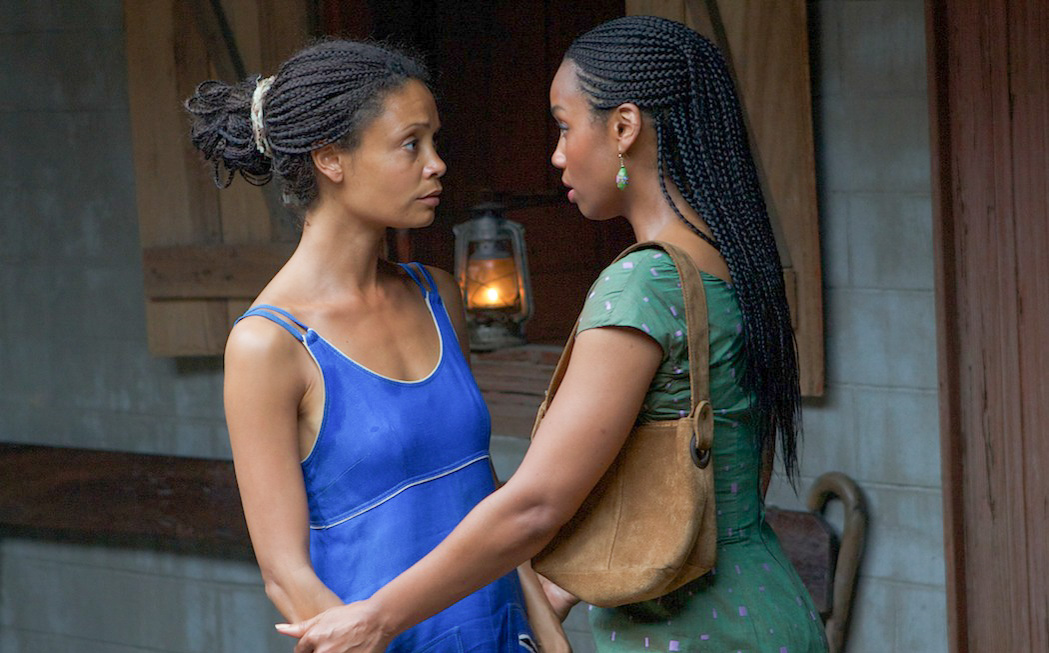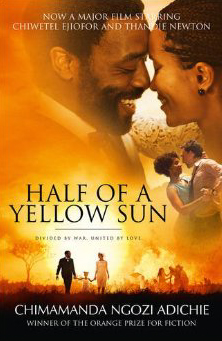It was her speech on feminism that aroused my curiosity about her as an author and drew me to read Chimamanda Ngozi Adichie’s book on the Nigerian Civil War ‘Half of a Yellow Sun’.
It’s not a review; the book was published a decade ago and set way back in the 1960s. I’m excited to share my take on it, as it’s so relevant in today’s time and am looking forward to watch the movie based on the book as well.
There are a couple of striking parallels with what happened in Nigeria in 1967-1970 with the Great Partition which divided our country into two- India and Pakistan in 1947. Like India, Nigeria too was a British colony and the British did what they knew best – Divide and Rule.
While in India, they divided on the basis of religion; in Nigeria, it was on the basis of ethnicity. They pitted North against the South. Such was the divide created and havoc caused in both the countries that the issues, which brought about the strife are still very much alive in Nigeria as well as in India.
A story about war has to be about disruption, destruction, despair, death and devastation. How war changes people, how it brings about the beast in the best of us, how common masses are just a pawn in the larger political game that the leaders play to feed their ambition and egos, how leaders whip up frenzy and incite people to grab and then remain in power. These themes are universal and still current.
However it is more than just the story of Nigeria’s civil war and the creation of a new country Biafra. There is a sublime theme of woman empowerment that runs in the novel. The protagonist Olanna and her sister Kainene are both strong characters who live life on their own terms. Another striking character is Aunty Ifeka, a rural matronly woman who runs a kiosk to support her family; her husband and kids.
When Olanna, the protagonist, leaves her partner and goes to the village because her partner slept with a village girl, Aunty Ifeka advises Olanna to stop moping, return to the town immediately and rejoin her job. Giving the example of her own husband, she says, ”Nothing he does will make my life change. My life will change only if I want it to change. You must never behave as if your life belongs to a man. Your life belongs to you and you alone.” Sterling advice, which is relevant to women today all over the world to be in control of their own life, come what may.
How to avoid being a shadow to your partner in a marriage | Girl Talk
How to take care of your wellness for your well-being
The other striking character is Richard, the white guy who is enamoured by African Art. A misfit in his own community, he connects with African people, falls in love with an Igbo (African) woman, picks up the language and makes Africa his home. What is remarkable is that though his main objective of coming to Africa was ostensibly to write a book on African Art, he consistently struggles to put his thoughts to paper.
Unsure and uncertain about his writing, Richard constantly doubts whether his writing is any good, his questioning eats his insides whether he will ever be able to write a book at all? This is something that people can identify with as we have all struggled at some point in our life when we decided to chase our dreams and passions.
When there is uncertainty and self-doubt whether we are on the right track, the key is to be open and flexible to do something that comes your way while you are following your passion. When he is asked to write to provide the white man’s perspective on the war, Richard is not sure if he wants to take up the assignment. He after all wanted to write about African Art. Finally he decides to take up the assignment and gains recognition and respect for his War reporting.
Don’t be so fixated on what you think is your passion that you let go of assignments which are “not really but somewhat” close to your passion and where you can also bring value to others.







